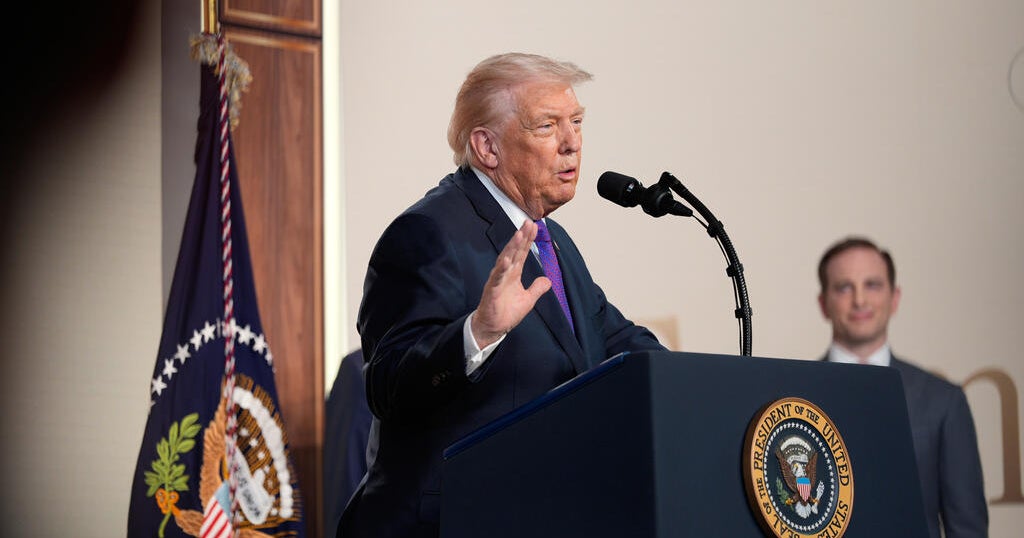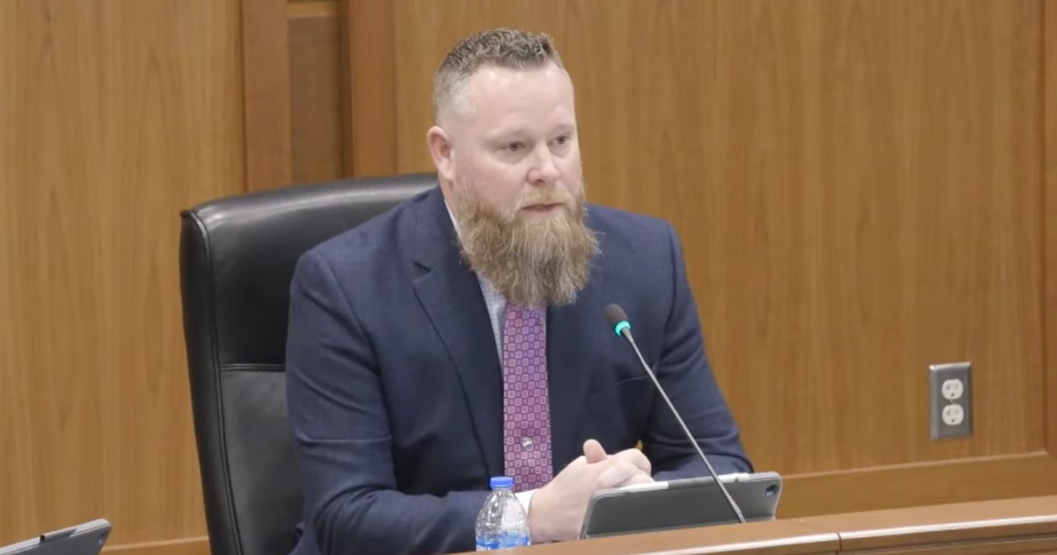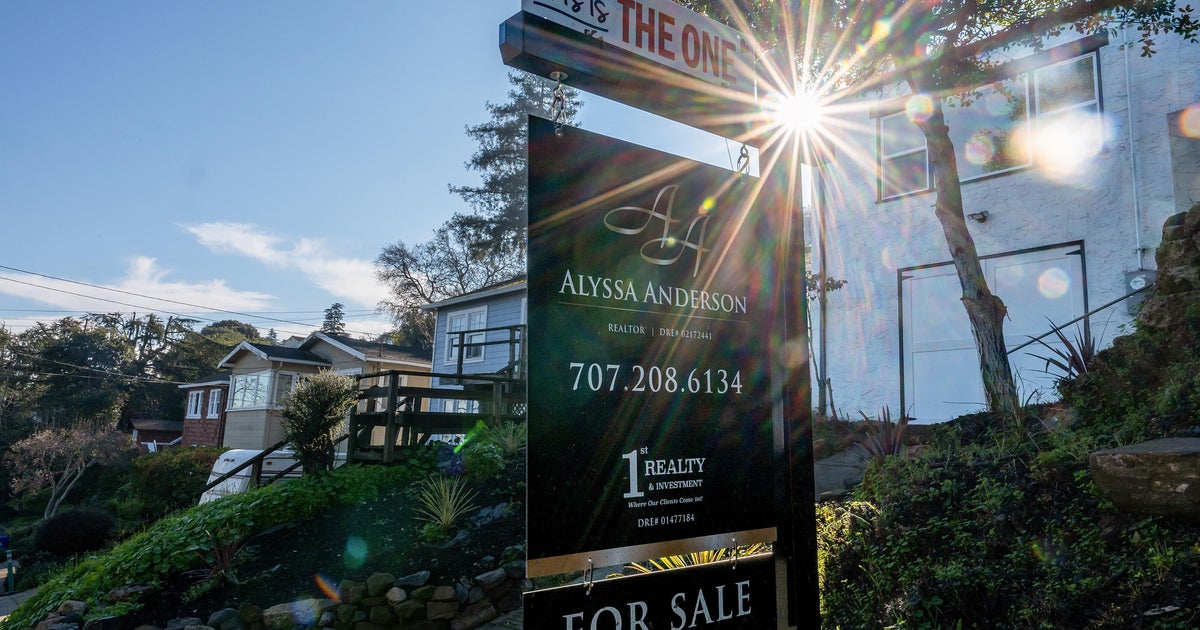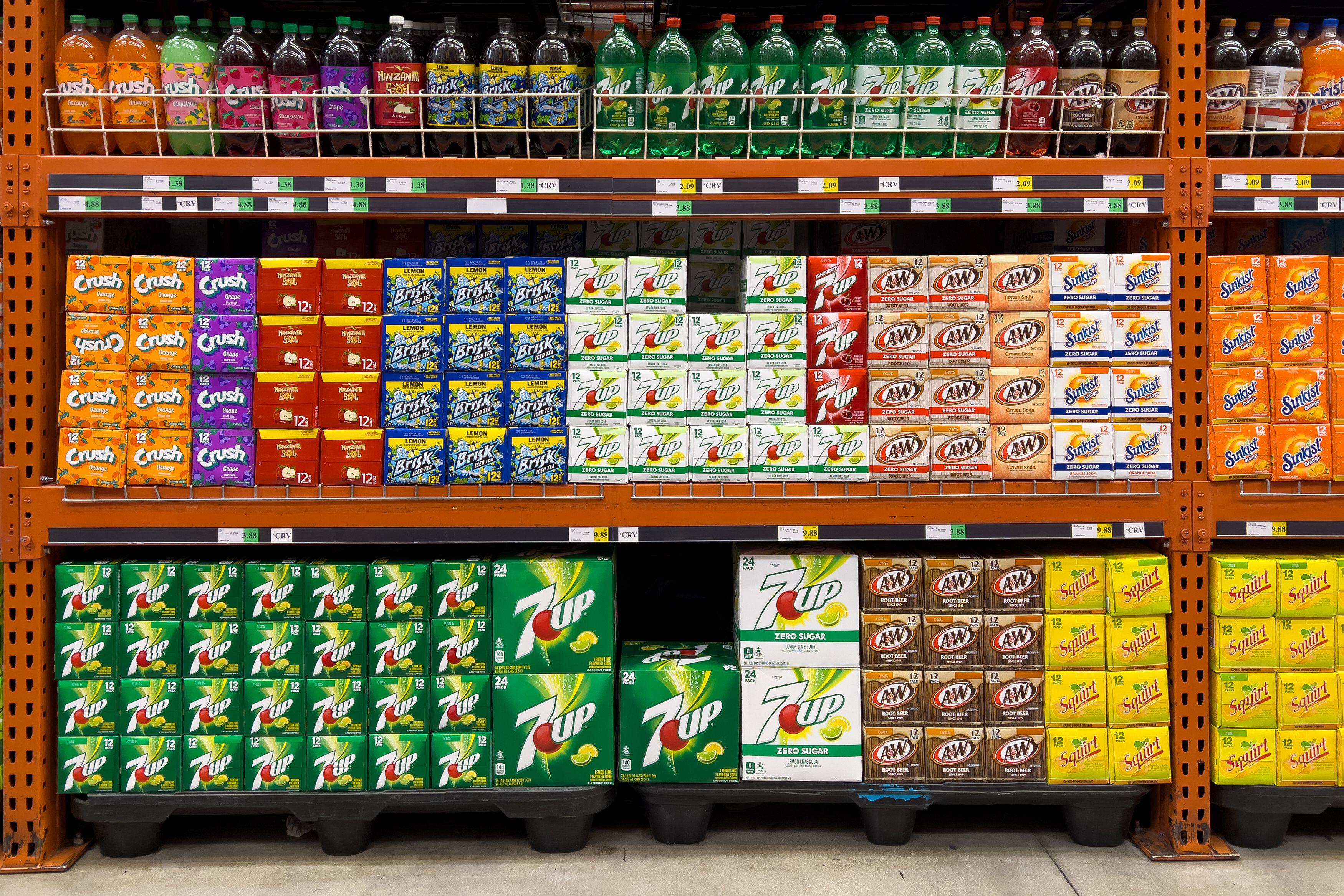Biden administration announces it intends to ban menthol cigarettes and flavored cigars
The Biden administration announced its intention Thursday to ban menthol cigarettes and flavored cigars, including menthol.
"Banning menthol—the last allowable flavor—in cigarettes and banning all flavors in cigars will help save lives, particularly among those disproportionately affected by these deadly products. With these actions, the FDA will help significantly reduce youth initiation, increase the chances of smoking cessation among current smokers, and address health disparities experienced by communities of color, low-income populations, and LGBTQ+ individuals, all of whom are far more likely to use these tobacco products," Acting Food and Drug Administration Commissioner Janet Woodcock, M.D., said in a statement.
Woodcock expressed the hope and belief that these bans would "launch us on a trajectory toward ending tobacco-related disease and death in the U.S."
The FDA pointed to studies suggesting that a menthol ban would help people quit smoking, noting that menthol makes tobacco more palatable and "facilitates progression to regular smoking, particularly among youth and young adults."
"One study suggests that banning menthol cigarettes in the U.S. would lead an additional 923,000 smokers to quit, including 230,000 African Americans in the first 13 to 17 months after a ban goes into effect," the FDA statement said.
Thursday was court-imposed deadline for the FDA to respond to a 2013 citizen petition advocating the ban.
Public health organizations like the American Medical Association also favor the move to ban menthols for the same reasons cited by the FDA, the data showing their disproportionate impact on the health of racial minorities and young people.
In total, approximately 20 million Americans smoke menthols, according to the FDA.
Advocates of the ban told CBS News the decision about whether to move ahead with the ban was ultimately President Biden's.
Banning menthol cigarettes has Democratic support in Congress, too. Illinois Senator Dick Durbin and Representatives Raja Krishnamoorthi and Bobby Rush, recently argued the FDA has a "duty" to ban menthols. "These failures to protect children, particularly African American children, from a path to addiction are inexcusable," they told the administration.
Last year, the House passed a bill banning all flavored e-cigarettes and menthols, but the legislation did not clear the Senate.
This is not the first time flavored cigarettes have faced prohibition, since the FDA banned other flavored cigarettes in 2009.
The bans will not be put in place immediately, since they're subject to a potentially years-long rulemaking process and then could face legal challenges from the industry.
Matthew Myers, president of Campaign for Tobacco-Free Kids said the move would be "historic" in protecting kids from tobacco addiction and advancing health equity, particularly among Black Americans. He told CBS News in a statement Wednesday. "It has the potential to be the strongest action our nation has ever taken to drive down the number of kids who start smoking and the number of Americans who are sickened and killed by tobacco."
There remain some concerns about the possible unintended consequences of a menthol ban.
In a letter obtained by CBS News on Monday, the American Civil Liberties Union (ACLU) and dozens of other criminal justice groups expressed concern that a ban on menthol cigarettes would have "serious racial justice implications" because of criminal penalties that would disproportionately impact people of color."
However, if the ban is implemented, the FDA said individual users would not be affected. "[E]nforcement of any ban on menthol cigarettes and all flavored cigars will only address manufacturers, distributors, wholesalers, importers and retailers," the FDA's statement said. "The FDA cannot and will not enforce against individual consumer possession or use of menthol cigarettes or any tobacco product."



